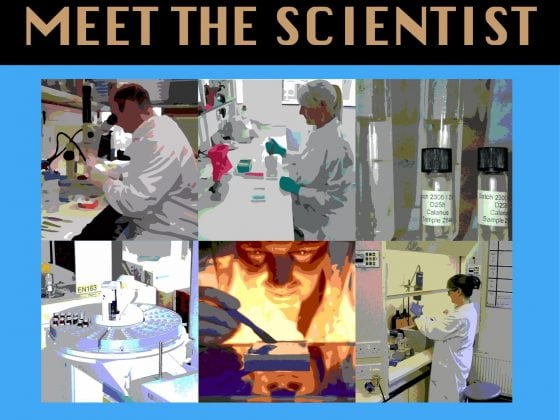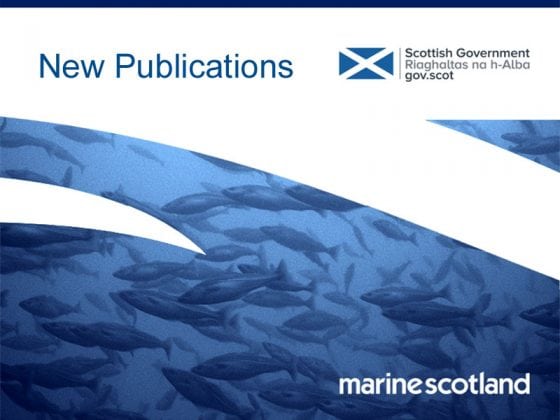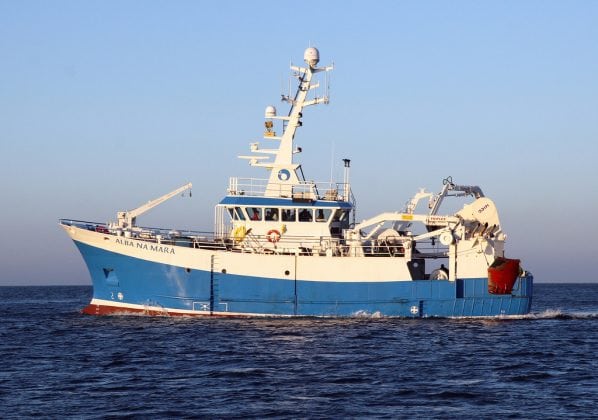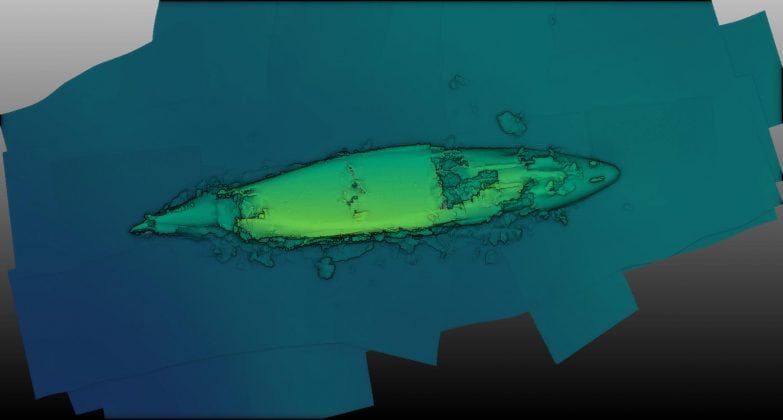Marine
-
Meet our scientists – Helen Downie
5th December 2017 by Marine Scotland Communications

Who are you and what do you do? I’m Helen Downie, a fisheries biologist in the Salmon Assessment Group, based at the freshwater field laboratory in Montrose. I’m also involved with the Women and Equalities Network, which is looking to address gender balance in Marine Scotland. Lastly, I also act as the local admin cover here in Montrose, so if...
-
New report published on Scottish Scallop Stocks: Results of 2016 Stock Assessments
4th December 2017 by Marine Scotland Communications

Today we’ve published the latest in its Scottish Marine & Freshwater Science series – Scottish Scallop Stocks: Results of 2016 Stock Assessments. Scallops are an important species for the Scottish fishing industry. The Scottish commercial dredge fishery for king scallop (Pecten maximus) began in the 1930s in the Clyde. It has since expanded around the coast...
-
The power of MRSea
4th December 2017 by Marine Scotland Communications

Renewable energy from offshore wind, wave and tidal stream developments is a key component of the Scottish Governments’ ambitions for creating a low carbon economy that contributes to action on climate change. However, concern exists over the potential for such marine developments to negatively impact seabirds, marine mammals, and other protected species or habitats. A...
-
Finding flatfish in the Forth and Fife
1st December 2017 by Marine Scotland Communications

Duration: 30 November – 4 December Sampling Gear: BT 158 with 50 mm cod-end 2 m beam trawl with 50 mm cod-end Day grab and table Catamaran and neuston net Objectives To undertake flatfish sampling in St Andrews Bay, inner Firth of Forth, and the Forth estuary in support of the Clean Seas Environment Monitoring...
-
Understanding how seals use the water column in tidally energetic areas
30th November 2017 by Marine Scotland Communications

As the tidal renewable industry continues to grow, increasing our understanding of the way that marine mammals use tidally energetic areas is of particular importance. This is a particular issue as there is increasing evidence that tidal energetic areas can be important foraging areas for marine mammals, therefore understanding how marine mammals use the water...
-
Hearing things with COMPASS
29th November 2017 by Marine Directorate Communications

On November 6th the Alba na Mara set sail once more to deploy acoustic listening devices in the west coast of Scotland. A total of six moorings containing broadband sound recording devices and cetacean echolocation “click detectors” were to be deployed during the trip. The map below gives the planned locations for deployment. These deployments...
-
New paper on amoeba studies published
27th November 2017 by Marine Scotland Communications
A new scientific journal article written by researchers at Marine Scotland Science (MSS), in collaboration with the Scottish Fish Immunology Research Centre (SFIRC) at the University of Aberdeen, has been published in the Journal of Fish Diseases. The principal author, Rachel Chance, is a PhD. student funded by the National Centre for the Replacement, Refinement...
-
Meet our scientists – Dr Coby Needle
21st November 2017 by Marine Scotland Communications

Today is World Fisheries Day, so what better day to introduce you to our Sea Fisheries Programme Manager, Dr Coby Needle! Who are you and what do you do? I am Dr Coby Needle, and for the past two (and a bit) years I have been the Sea Fisheries Programme Manager at Marine Scotland Science,...
-
Collecting PAM’s things
20th November 2017 by Marine Scotland Communications

Duration: 18-27 November 2017 Gear: Surface and subsurface PAM moorings Objectives: To retrieve a series of moorings comprising dhan buoys (eight surface marked moorings) or acoustic release systems (22 subsurface moorings) and the acoustic recording devices attached to them (30 C-POD and 10 SM2M/SM3M) as part of the east coast marine mammal monitoring programme (see...
-
Recognising the Marine Heritage of Scapa Flow
17th November 2017 by Marine Scotland Communications

Earlier this year, we were involved with a joint project to survey the German High Seas Fleet in Scapa Flow, Orkney. Historic Environment Scotland is now reviewing the protection of these wrecks of as they are scheduled monuments, and they would like to explore if that continues to be the best way of recognising and protecting...




